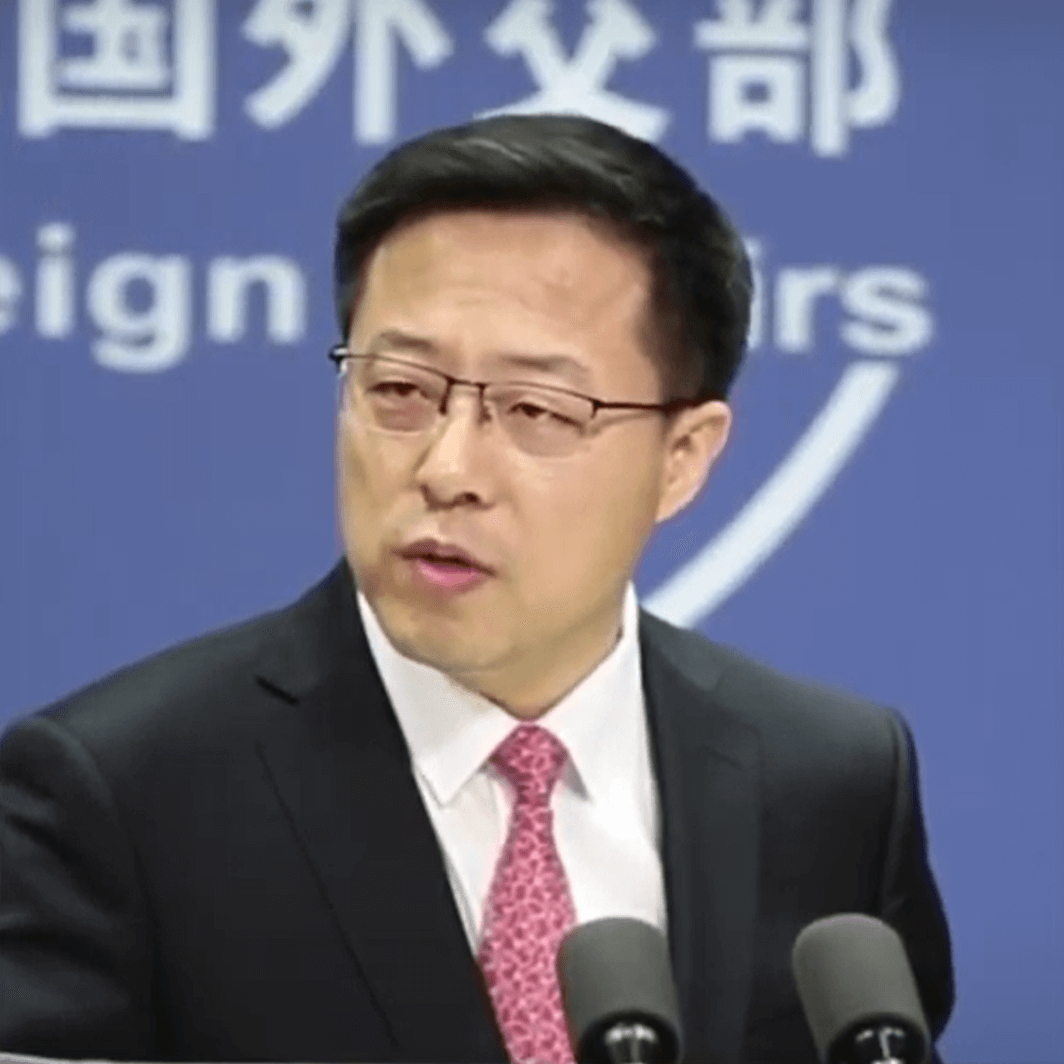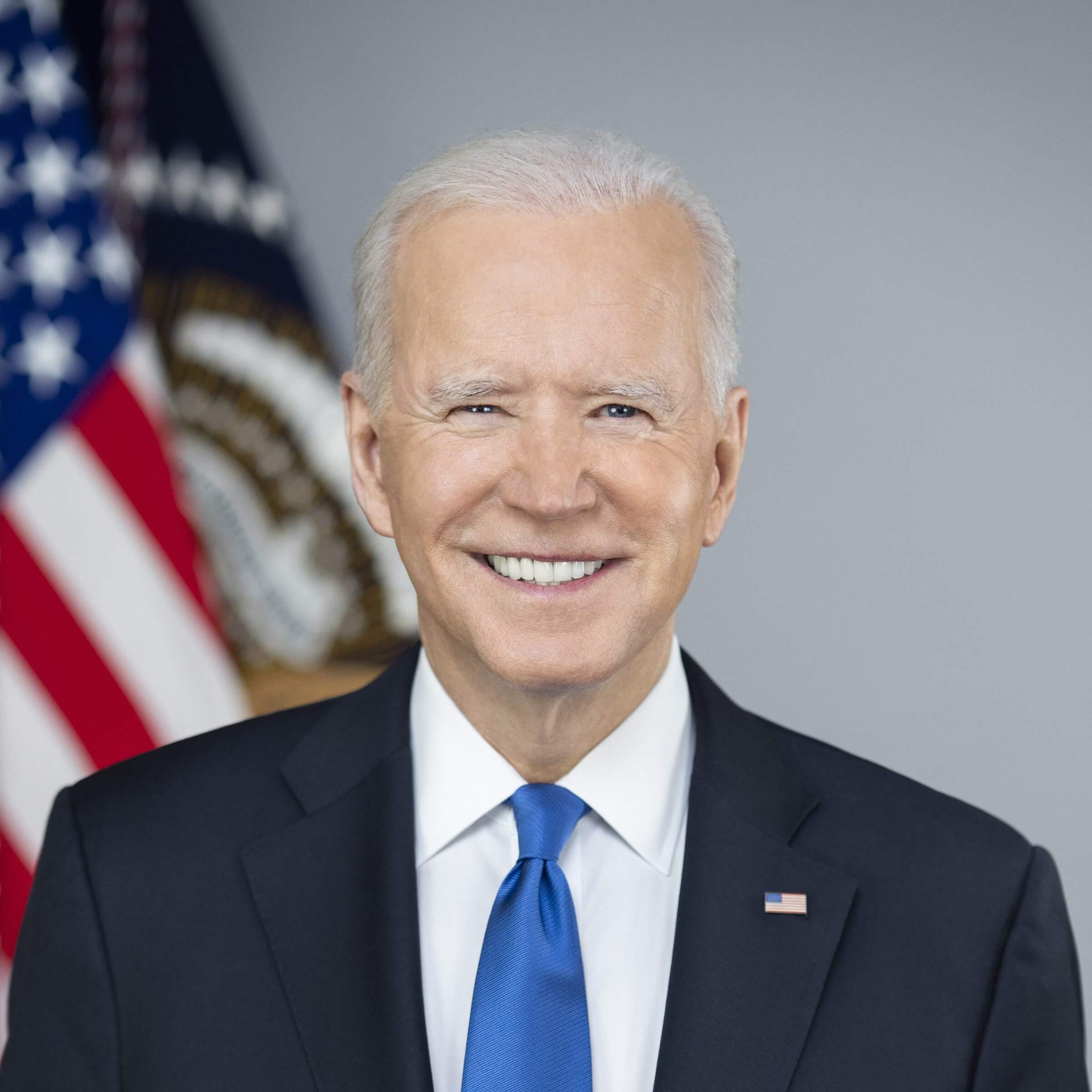
- After news of a potential trip to Taiwan by Speaker of the House Nancy Pelosi, China issued a warning to the United States.
- China threatened "forceful measures" should the speaker continue with her plan.
- China claims that Taiwan is a territory, and the People's Republic of China (PRC) is the only legitimate Chinese government.
Following news that Nancy Pelosi would visit the Chinese-claimed island of Taiwan next month, China's government issued a warning on Tuesday, threatening "forceful measures" if she did.
The US officially adheres to its One China Policy, which recognizes the PRC as China's sole legal government but only acknowledges, rather than endorses, the PRC position that Taiwan is part of China. The United States maintains unofficial relations with Taiwan.
Chinese Foreign Ministry spokesman Zhao Lijian

The Chinese side has repeatedly stated its stern position on this. We firmly oppose any form of official interaction between the US and the Taiwan region. The US Congress is part of the US government and supposed to strictly adhere to the US’s one-China policy. If Speaker Pelosi visits Taiwan, it would seriously violate the one-China principle and the stipulations in the three China-US joint communiqués and harm China’s sovereignty and territorial integrity. It will have a severe negative impact on the political foundation of China-US relations, and send a gravely wrong signal to “Taiwan independence” separatist forces. China firmly opposes such a visit.
We urge the US side to adhere to the one-China principle and the stipulations in the three China-US joint communiqués. The US must not arrange for Speaker Pelosi to visit the Taiwan region and must stop official interactions with Taiwan, stop creating factors that could lead to tensions in the Taiwan Strait, and follow through on the US’s commitment of not supporting “Taiwan independence”. Should the US side insist on doing otherwise, China will take strong and resolute measures to safeguard its sovereignty and territorial integrity. The US must assume full responsibility for any ensuing consequences.
Speaker Pelosi's office would not comment on the matter noting security protocol.
Why would China care?
- The Chinese Civil War ended with mainland China and Taiwan both claiming to be the legitimate governments of China.
- Mainland China is now widely recognized as the legitimate government and claims Taiwan as Chinese territory.
- Solidifying global recognition of Taiwan as a territory of the Chinese government increases their influence in the South Pacific.
The Chinese Civil War ended with the retreat of the Republic of China (ROC) to Taiwan, and the victors, the Chinese Communist Party (CCP), established the People's Republic of China (PRC) in mainland China, while the ROC ruled over Taiwan and several outlying islands.
During this time, both governments claimed to be the legitimate government of China.
Initially, international recognition of the two was split, but most countries, including The United States, began to recognize the PRC over the ROC in the 70s. The language in the United States' One China policy first arose in its joint 1972 Communiqué with the PRC.
China, which considers the democratically governed island to be its own territory, is increasing its pressure on Taiwan. The issue is a constant source of friction in relations between Beijing and Washington.
Speaker Nancy Pelosi's trip would make her the most senior U.S. official to visit the island in 25 years. This diplomatic interaction with Taiwan could grant it legitimacy as a foreign government, potentially fueling the island's independence movement.
A Chinese warning to the United States changes the Pentagon's calculus on whether a diplomatic mission is worth escalating tensions with a superpower like China, that has already increased its military activity in the area.
President Joe Biden said the Pentagon did not support a planned visit to Taiwan.
President Joe Biden

I think that the military thinks it's not a good idea right now, but I don't know what the status of it is.
Congressman Mike Gallagher, lawmaker on Chinese policy

This is a bad message from the president and an overall weak message for US foreign policy. I urge Speaker Pelosi not to back down.
Taiwan is of critical interest to China and defending the island as a territory will allow it to defy the United States, expand its global influence, and perhaps take full control of the strategically advantageous island territory, which currently governs itself. China is observing a Russian takeover of Ukraine and wants to expand its options for the future.
Biden recently stated in Tokyo that if Taiwan was attacked, the US would use military force to defend it, heightening tensions.
In a statement on Wednesday, the president said he intended to call Xi Jinping, the president of the POC, in the next ten days. When the two leaders last communicated virtually, Biden emphasized the significance of preventing the growing rivalry between the major powers from "veering into conflict."